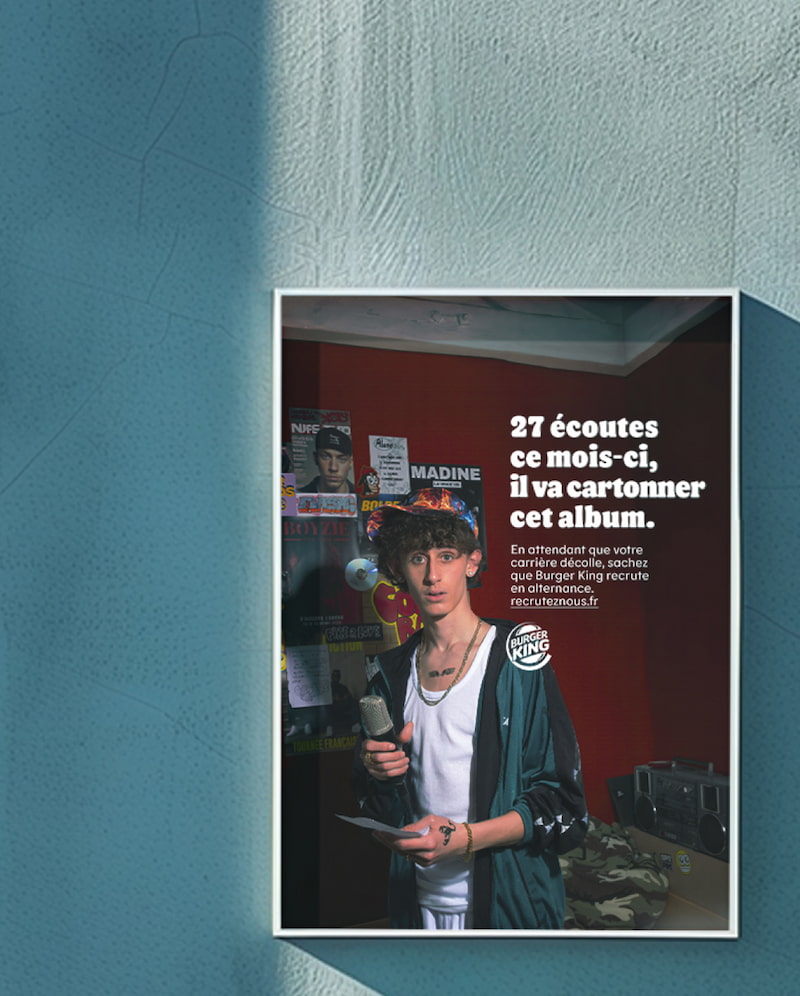Source :
Obope, 2024When it comes to taking a fresh look at ecology and drawing conclusions, Obope knows how to surprise us with unconventional studies. As mentioned in the prologue to their study, many polls place ecology in the top 3 concerns of the French, just behind purchasing power. Far from being a non-issue, then… but essential if individual commitment is to be commensurate with the challenges we face. For the Observatoire, this study provides an answer to one of their key questions: “How can we understand more precisely the gap that exists between the impression of widespread awareness of ecological urgency and its marginal translation into political and social reality? And so, to draw the conclusions of blockages through polls, the latest of which demonstrates the origin of ecological inaction in 10 points.
Denial, optimism or fatalism…
Unsurprisingly at the top of the list: climate denial. If we’re talking about divisive attitudes to the urgency of climate change, it’s not surprising that we should address it here. Yes, 22% of the French population still don’t believe in the seriousness of environmental crises. And in fact, 31% don’t trust climate experts. A worrying figure that is not exclusive to the climate issue, and which reminds us that scientific authority is being questioned by some citizens. While some French people are aware of the seriousness of events, “39% believe that they will not suffer the effects in their lifetime”. Which brings us back to the second, third and fourth causes of climate inaction, namely individualism, optimism and climate-doomism. While the former are rather evocative, between those who assume to prioritize their interests and others who trust in technologies or human capacity, there are those who remain convinced that “acting to prevent chaos is derisory because it’s already too late” (26%).

Prisoners of prejudice
And then there are those who seem to be prisoners of their own ideas. In sixth place, for example, are individuals who face the “ecological prisoner’s dilemma, defined as the feeling that one’s action is useless or too costly in the absence of a coordinated collective effort”. A revealing characteristic, which seems to move ecological responsibility into the political arena. Then, in seventh place, there’s the “international prisoner’s dilemma”, which justifies climate inaction by pointing to the demographic explosion in Asia and Africa, two-thirds of whom declare “that France is already doing enough”. A position widely shared by the right-wing electorate, but formally rejected by young people.
Find the full study here



